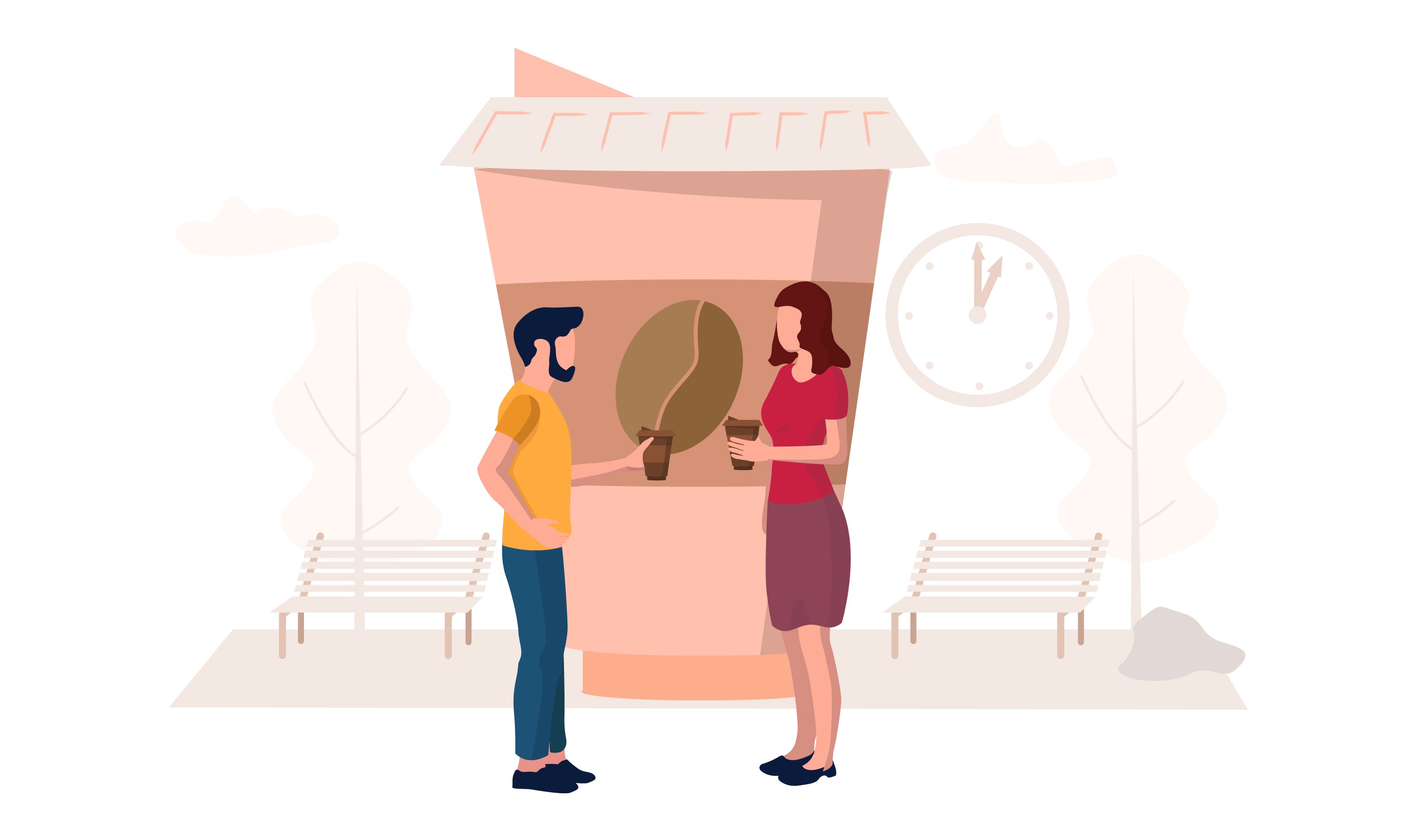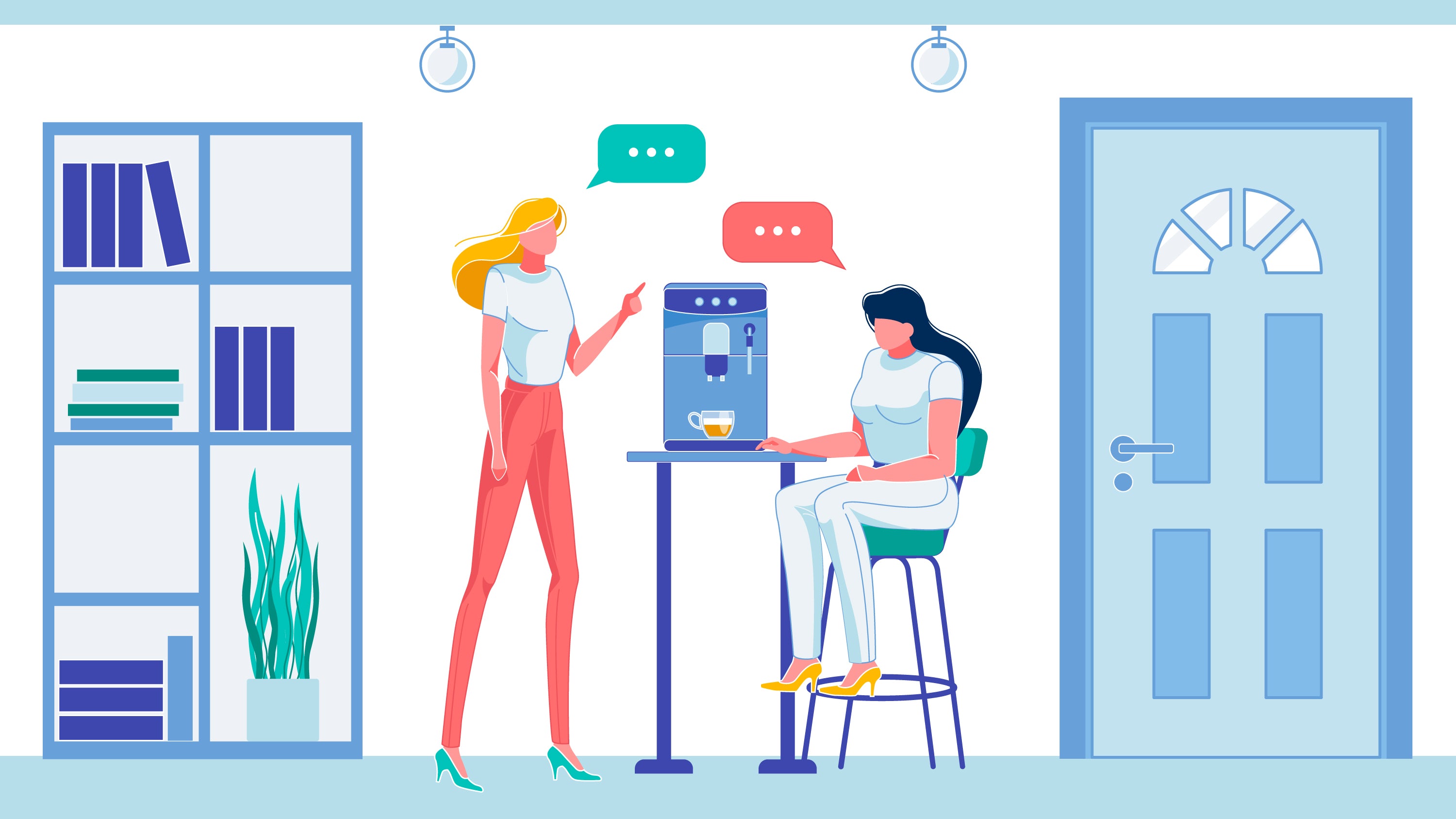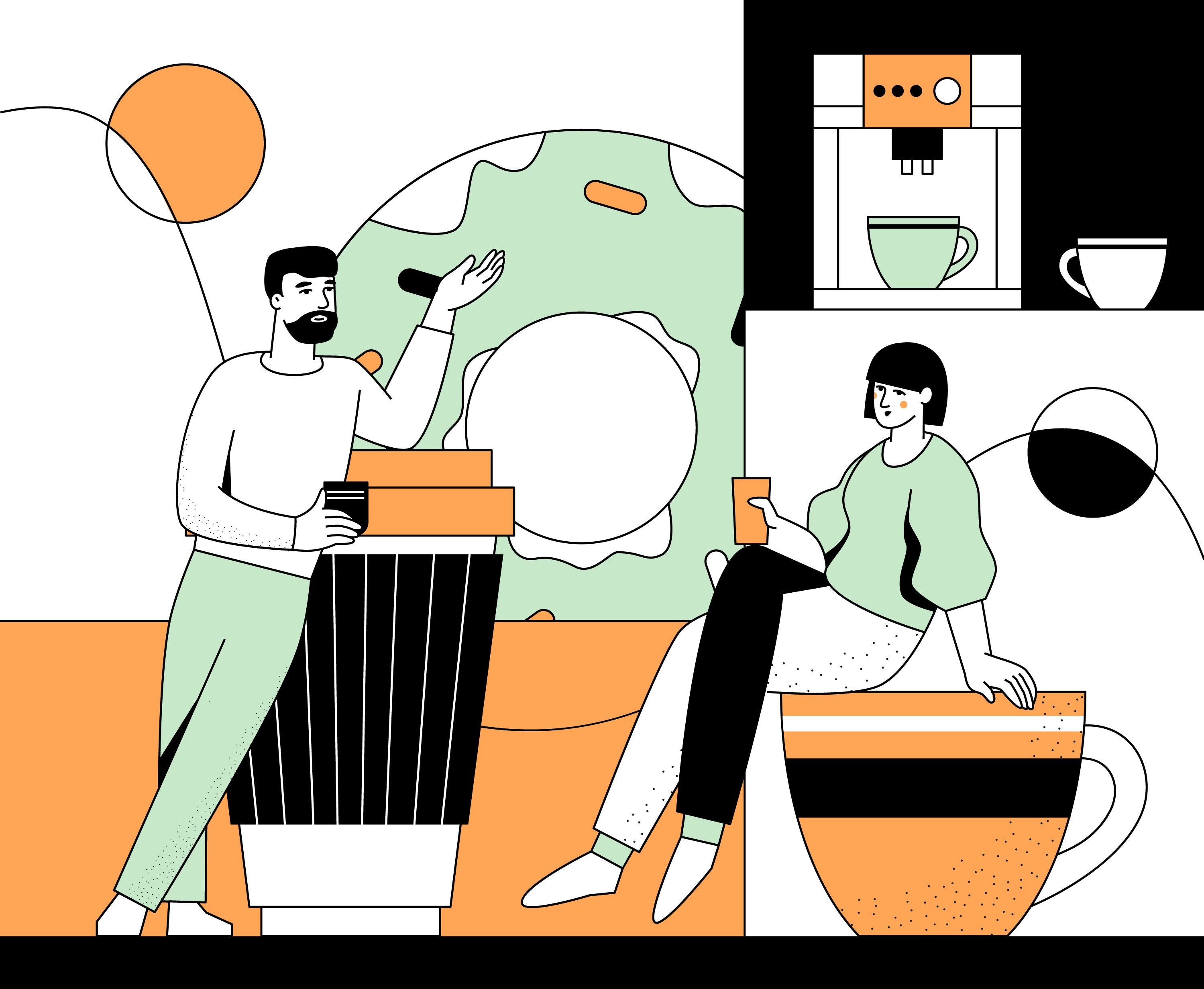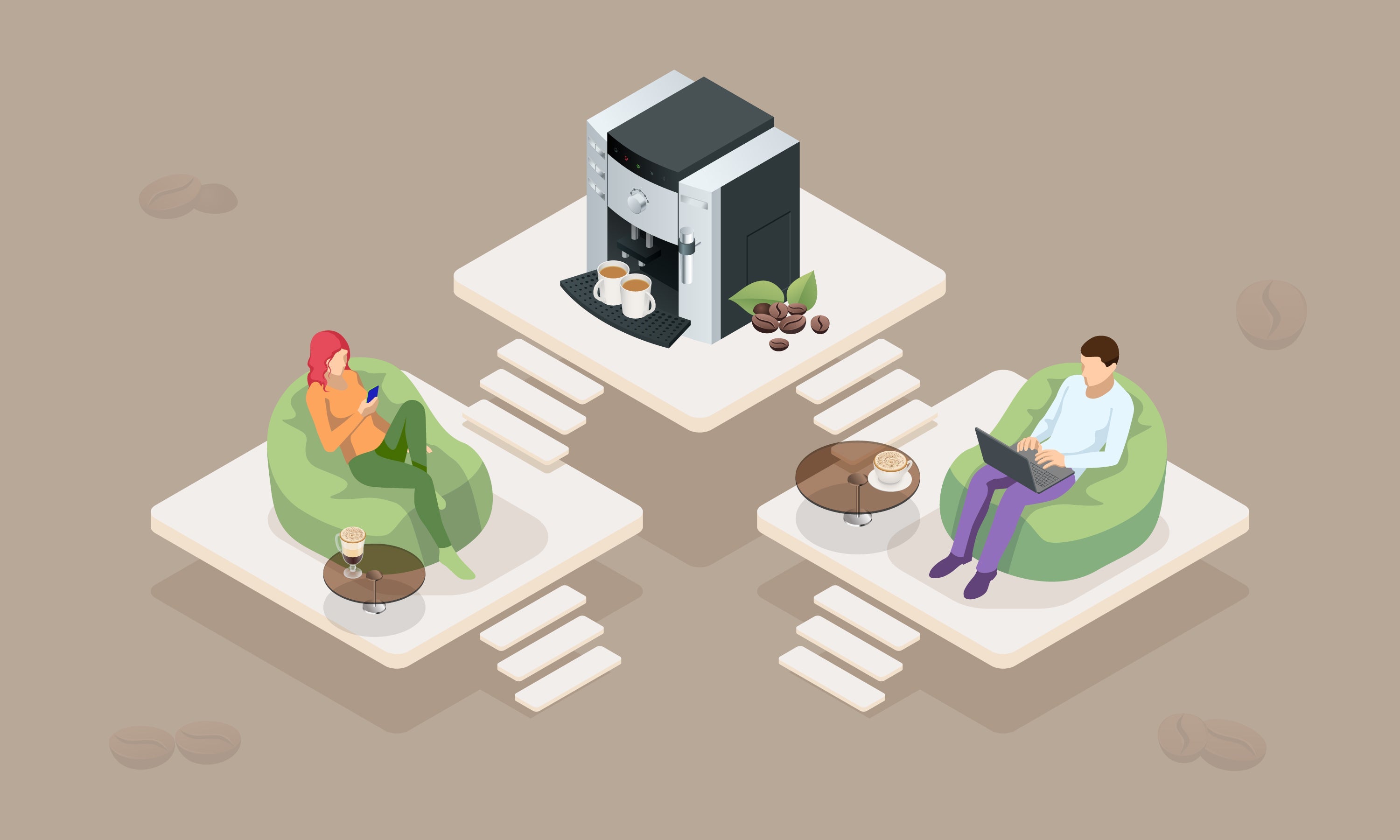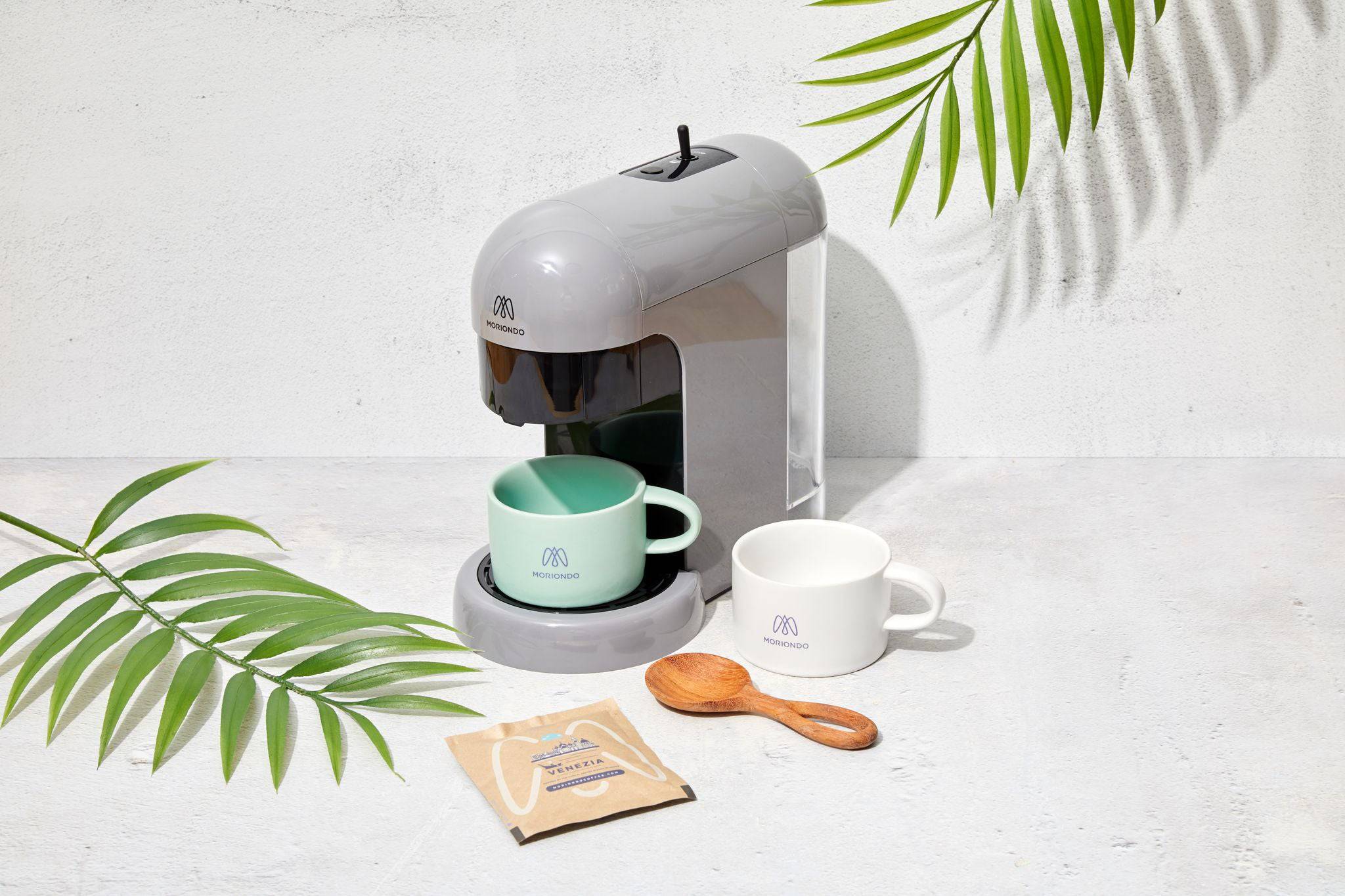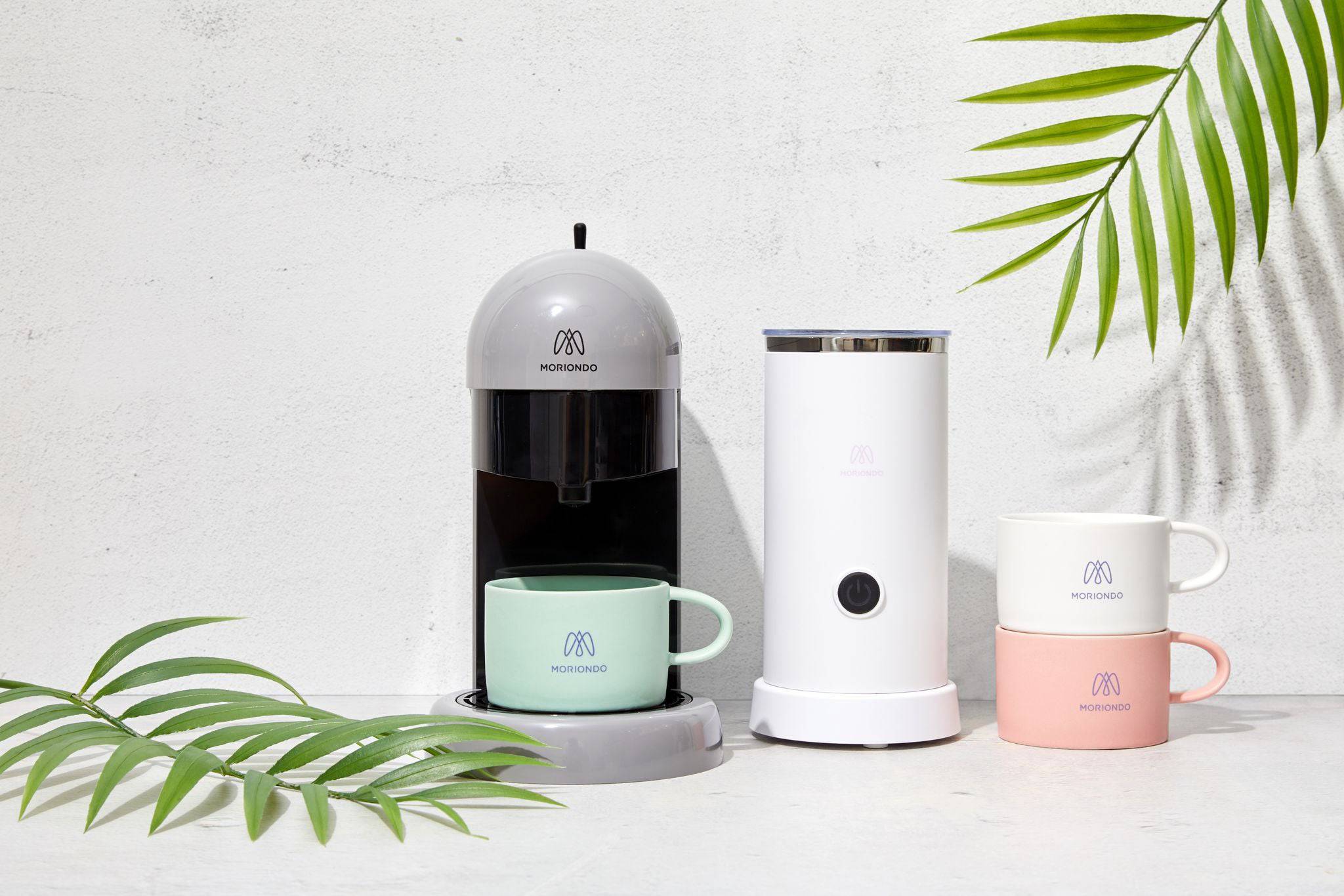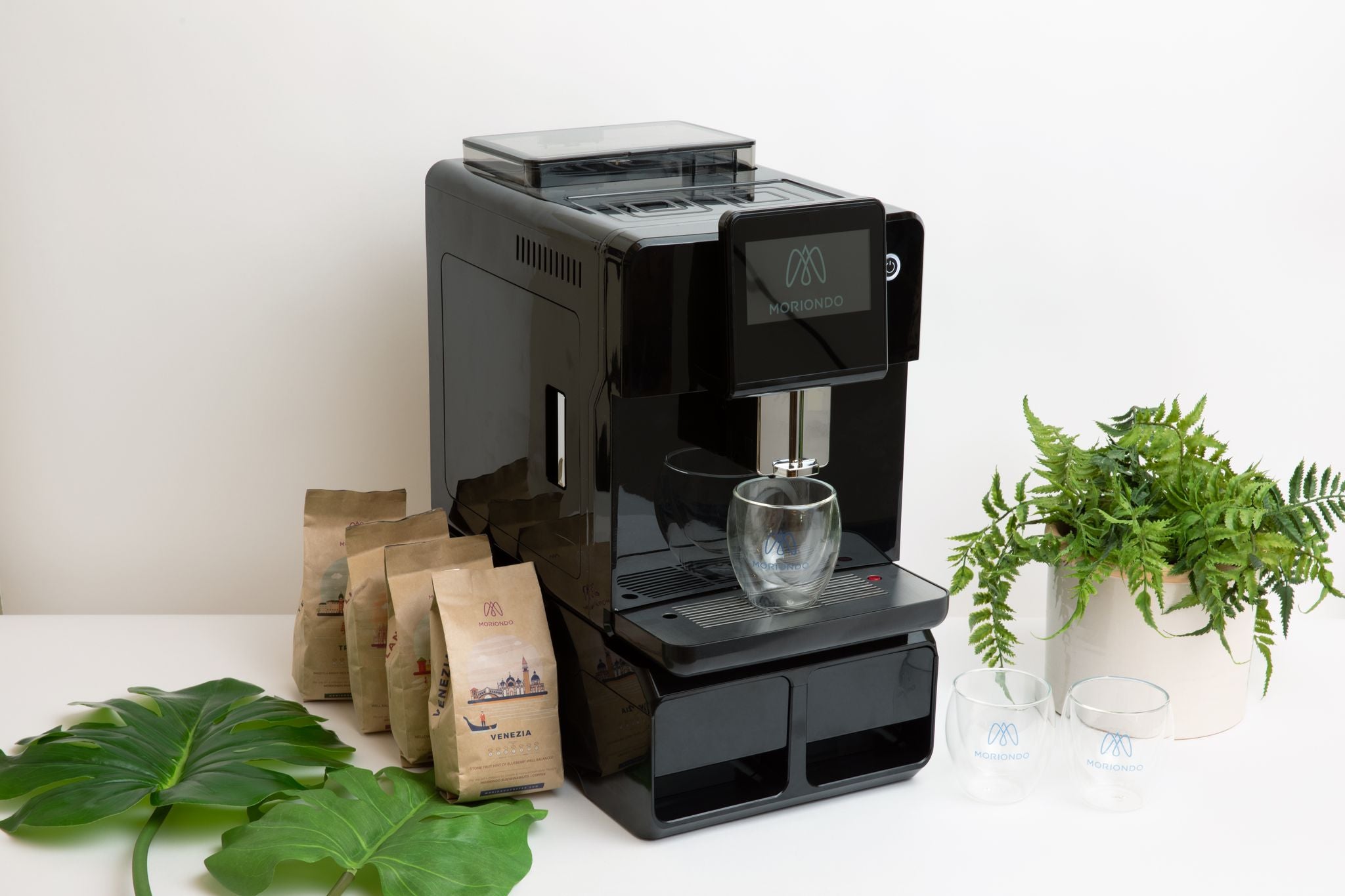The Best Time to Drink Coffee
Coffee is a delicious and energizing beverage that can be enjoyed in the morning, afternoon, or evening.
Americans drink coffee throughout the day for its stimulating effects, but when is the best time to drink coffee?
As it turns out, there are several key times when coffee can be the most beneficial.
So here we take a look at some of the pros and cons of drinking coffee at various times throughout the day.
Morning Coffee

Morning coffee ritual is a great way to start your day.
Caffeine has been known to help give us a boost of energy and alertness, which can be beneficial for getting up early and hitting the ground running.
It can also help with concentration and productivity, making it a great choice for those who have an important task ahead of them first thing in the morning.
However, there are some potential drawbacks to drinking coffee in the morning.
Research suggests that caffeine may interfere with our natural circadian rhythms, disrupting our sleep cycle and making it more difficult to fall asleep when we want to.
Additionally, drinking too much coffee can lead people to become overly dependent on caffeine as a source of energy or alertness, which isn’t healthy long-term.
Overall, although drinking coffee in the morning can offer some benefits, it is not necessarily the best time for everyone or even recommended by experts - especially if you find yourself relying on caffeine every single day to function normally.
Instead, consider limiting your intake or switching up your routine to get more out of your days without putting your health at risk.
But what is the best time to drink coffee in the morning if you have to?
Generally, it’sit’s best to drink coffee between 9 to 11:30 am, as this is when our bodies naturally produce cortisol (the stress hormone).
This way, you can get the benefits of caffeine without throwing off your natural body clock.
What if you're an early riser?
If you’re an early riser who enjoys that first cup of coffee in the morning, a great alternative is to drink it with breakfast.
Coffee can be enjoyed along with a healthy and balanced meal, which can help provide more sustained energy throughout the day.
Additionally, studies have shown that drinking coffee with food can reduce the amount of caffeine that is absorbed into your bloodstream, helping to minimize the potential for side effects such as jitters or an upset stomach.
So one hour immediately after waking up is the best time to drink coffee with breakfast.
Afternoon Coffee
For those who don’t get their caffeine fix in the morning, the early afternoon can be an ideal time to drink coffee.
During this time of day, our bodies may start to feel tired or sluggish due to natural dips in energy - this is where coffee can really help.
Studies have found that drinking caffeinated beverages like coffee in the afternoon can improve alertness and performance on tasks such as memory recall, reaction time, and decision-making.
However, drinking too much coffee in the afternoon can also lead to restlessness or anxiety later on in the day.
If you tend to experience these effects after drinking coffee later in the day, switch up your routine and enjoy a cup of herbal tea instead.
Additionally, some people may want to avoid drinking caffeine right before bedtime as it can make it harder for them to fall asleep due to its stimulating effects.
In general, afternoon coffee can be beneficial if enjoyed in moderation.
The best time to drink coffee in the afternoon is usually between 1 and 5 pm when our alertness naturally drops off, and we start to feel drowsy.
This way, you can get the boost of energy you need without risking disrupting your sleep pattern at night.
Evening Coffee

Drinking coffee in the evening can be beneficial for those who need an extra boost of energy or alertness before bedtime.
Caffeinated beverages like coffee can help improve cognitive performance, focus, and reaction time.
However, it’s important to note that drinking too much caffeine right before bedtime could lead to insomnia or restlessness.
Additionally, some people may find themselves relying on caffeine late at night as a way to stay awake - something which isn’t healthy long-term.
Caffeine can also cause delayed exercise fatigue, so if you’re an athlete or in a workout or sporting event, it’s best to save your coffee for after the activity is finished.
For this reason, it’s best to avoid drinking more than 1 cup of coffee after 5 pm if possible.
If you do decide to drink coffee later in the day, try and enjoy it with food or prefer an herbal tea instead.
This can help reduce the potential for side effects and also ensure you don’t have trouble sleeping.
Overall, the best time to drink coffee in the morning is between 9 and 11:30 am, when our bodies naturally produce cortisol.
For those who need an afternoon boost or late-night energy, it’s best to enjoy coffee with food and in moderation.
Frequently Asked Question
Can I drink coffee on an empty stomach?
It is not recommended to drink coffee on an empty stomach, as it can cause side effects such as jitters and an upset stomach.
If you are looking for a caffeine fix in the morning, try to enjoy coffee with food or an hour after you wake up.
Additionally, drinking coffee later in the day should also be done in moderation and with food if possible.
This will help reduce potential side effects such as restlessness or insomnia.
What’sWhat’s the healthiest way to drink coffee?
The healthiest way to drink coffee is to opt for black coffee without any added sugar, creamers, or syrups.
If you want to add flavor, try adding a small amount of almond milk or coconut milk instead.
Additionally, try to choose organic and shade-grown coffee whenever possible to reduce your exposure to toxins.
Finally, keep your caffeine intake in check by limiting yourself to two cups per day maximum.
Drinking too much can lead to increased heart rate, blood pressure, insomnia, and other issues.
What time of day should you not drink coffee?
It’s generally recommended that you limit your caffeine intake to the morning hours when your body is naturally more alert.
Consuming coffee late in the day can interfere with your sleep cycle and lead to difficulty falling asleep or restlessness throughout the night.
So, to avoid caffeine for up to 6 hours before bedtime, it is best to stop drinking coffee by 5 pm.
How much coffee is too much?
Most experts recommend limiting your caffeine intake to no more than 400 mg per day. That’s equivalent to four 8-oz cups of coffee.
Consuming too much caffeine can lead to increased heart rate, anxiety, insomnia, and other issues.
Circadian rhythm disruption is also possible if you drink coffee later in the day, so try to keep your intake to the morning hours whenever possible.
So, What is the Best Time of the Day to Consume Caffeine?
The best time to consume coffee is in the morning between 9 to 11:30 am and in the afternoon between 1 and 5 pm, depending on cortisol levels in your body.
This range of times is considered ideal for caffeine consumption, as it does not interfere with one’s sleeping habits or cause increased heart rate, insomnia, or other issues associated with drinking too much coffee.
In the morning hours, when our bodies are naturally more alert, consuming coffee can help enhance focus and productivity for tasks at hand. It can also help ward off any sleepiness that would otherwise be experienced during this period.
In the afternoon, having a cup of coffee can provide an energy boost which will help with alertness when performing tasks that require mental strength.
Evening hours are not ideal for caffeine consumption, as it can disrupt the body’s natural sleeping cycle and make it difficult to fall asleep.
It is, therefore, best to limit coffee intake to before 5 pm to avoid any unwanted side effects.
If you find this guide helpful, please share it with others who may benefit from learning about the best time of day to consume caffeine.
Good Tasting Coffee: How to Identify Coffee Flavors

In order to appreciate the different types of coffee available, it's important to cultivate an awareness of its unique characteristics. Let's take a look at the way coffee connoisseurs judge different cups of coffee.
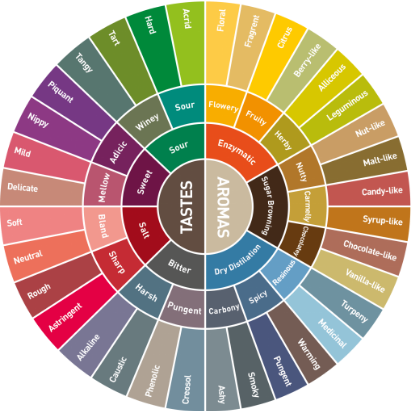
Aroma
The scent of a cup of coffee has a direct influence on how we perceive its flavor. As you drink coffee try to notice if the scent is smoky, fruity, earthy, spicy, nutty or grassy.
Acidity
One of the most defining characteristics of a cup of coffee is its acidity. This is the sharp, bright tangy quality of coffee that perks up our senses. Coffee doesn’t necessarily contain just one type of acid, either. It may contain citric acid, malic acid (fruity in flavor) or even quinic acid from stale coffee, which gives us stomach aches.
Body
This is the weight, thickness and texture of coffee in your mouth. The body of different types of coffee falls on a spectrum of light- to full-bodied viscosity (thin to thick).
Flavor
This is where comparisons come in handy and there is some overlap between aroma and flavor. Your coffee might taste bitter, sweet, savory or sour with common comparisons to chocolate, wine or fruit.
Related Posts
